Publications
Articles, publications, books, tools and multimedia features from the U.S. Institute of Peace provide the latest news, analysis, research findings, practitioner guides and reports, all related to the conflict zones and issues that are at the center of the Institute’s work to prevent and reduce violent conflict.
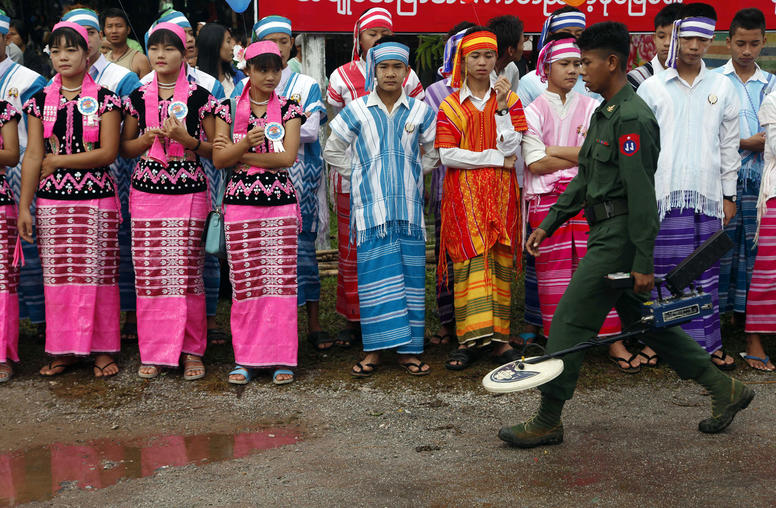
Why Burma’s Peace Efforts Have Failed to End Its Internal Wars
After seven decades of civil war and five failed peace efforts, Burma is no closer than before to reaching an agreement that would bring an end to its many conflicts. Analysis of those previous attempts shows that they all foundered on immutable attitudes on both sides. This report suggests that the peace process needs a fresh start, learning from the past and seeking to resolve underlying political disparities while prioritizing community interests and sustainable development.
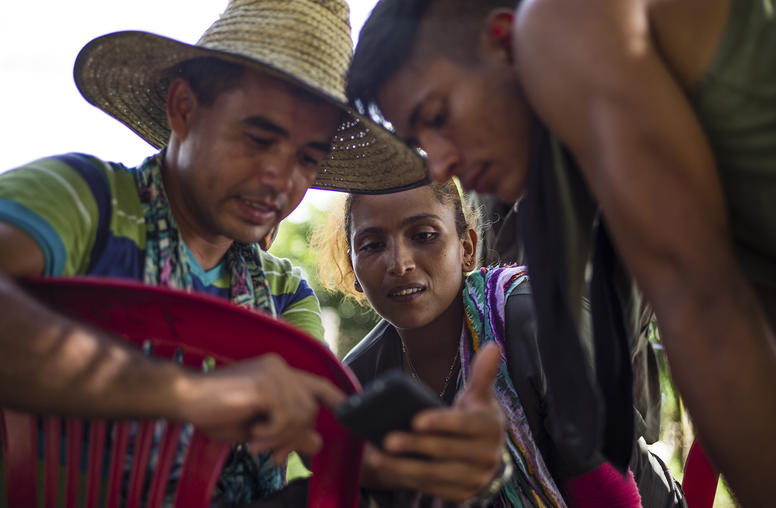
Digital Inclusion in Mediated Peace Processes: How Technology Can Enhance Participation
Inclusion in peace processes is conventionally understood in “offline” terms, such as being physically present at the negotiation table. However, digital technology can support a mediator’s efforts to integrate a broad variety of perspectives, interests, and needs into a peace process. This report explores the current and future practice of digital inclusion, giving a framework for understanding the possibilities and risks, and providing examples of practical ways digital technologies can contribute to mediated peace processes.
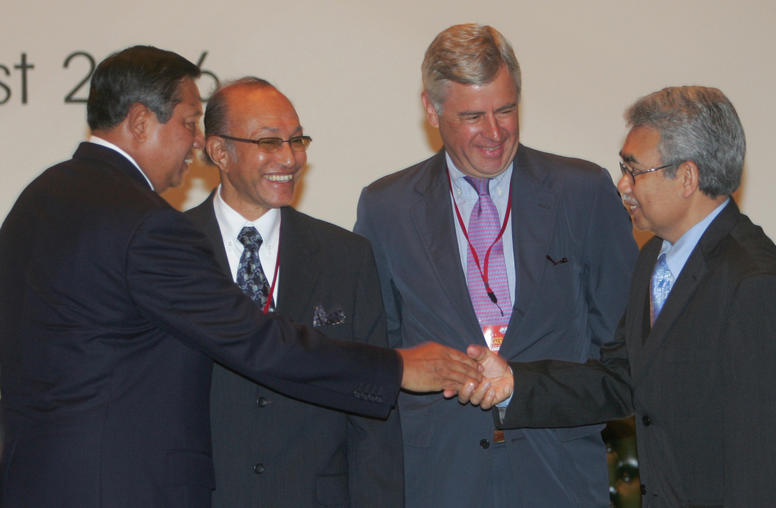
After the Agreement: Why the Oversight of Peace Deals Succeeds or Fails
Almost every modern peace agreement has established some type of institution to oversee implementation of the agreement’s provisions and monitor compliance. This report provides a careful examination of monitoring and oversight mechanisms set up in Sierra Leone, Indonesia, Sudan, and South Sudan between 1999 and 2015, and offers a series of key lessons for the design of future monitoring mechanisms.
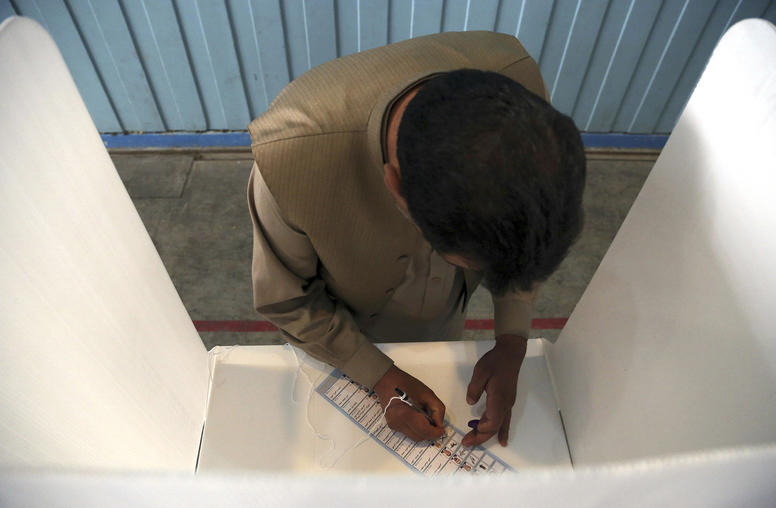
Assessing Afghanistan’s 2019 Presidential Election
Afghanistan’s current electoral system structures Afghan political dynamics, shapes election-day outcomes, and influences competition between organized interest groups in Afghanistan. Drawing on a unique set of results data from the September 2019 presidential election and past elections, this report analyzes where and how prospective Afghan voters were able to participate in the 2019 polls, the decision making behind and adjudication of disputes over which votes would be counted as valid, and how the available results compare with political trends evident in prior elections.
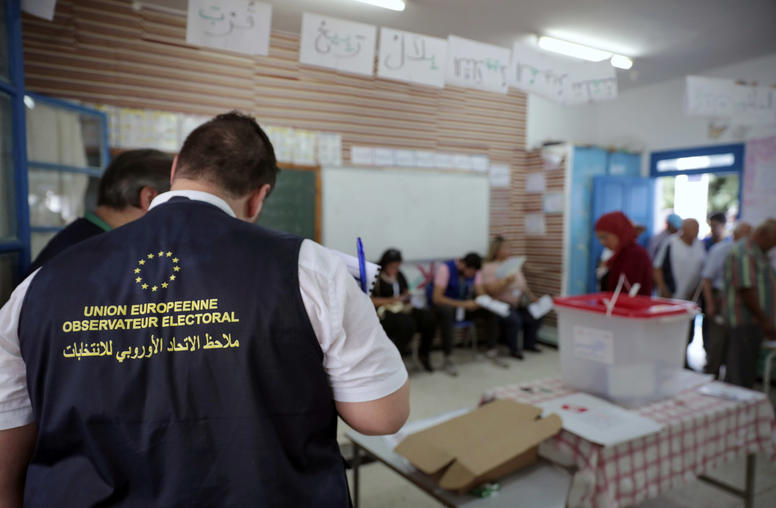
Violence Prevention through Election Observation
For many years, election-related violence has posed a serious threat to the integrity of electoral processes worldwide. To prevent or minimize such violence, the international community has often relied upon election observation missions, which incorporate an extended on-the-ground presence and proactive mediation by international and domestic actors. This report discusses the challenge observer missions face in confronting election violence, and suggests how preventive efforts can be enhanced through improved, multi-mandate observation practices.
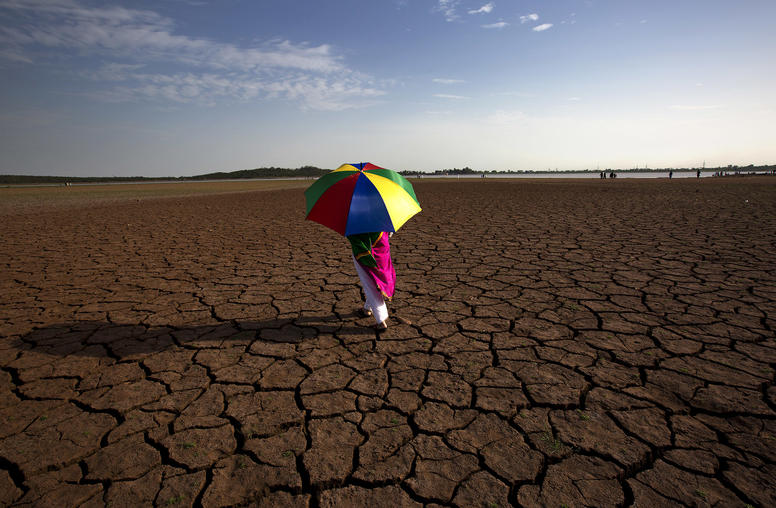
Water Conflict Pathways and Peacebuilding Strategies
No modern states have ever declared war over water. In fact, nations dependent on shared water sources have collaborated far more frequently than they have clashed. Nevertheless, global surveys have counted over forty hostile, militarized international actions over water—from riots to border skirmishes to larger battles—in the first six decades after World War II. This report reviews the pathways that link water resource pressures to conflict risks and describes how peacebuilding strategies such as water diplomacy can help mitigate these risks.
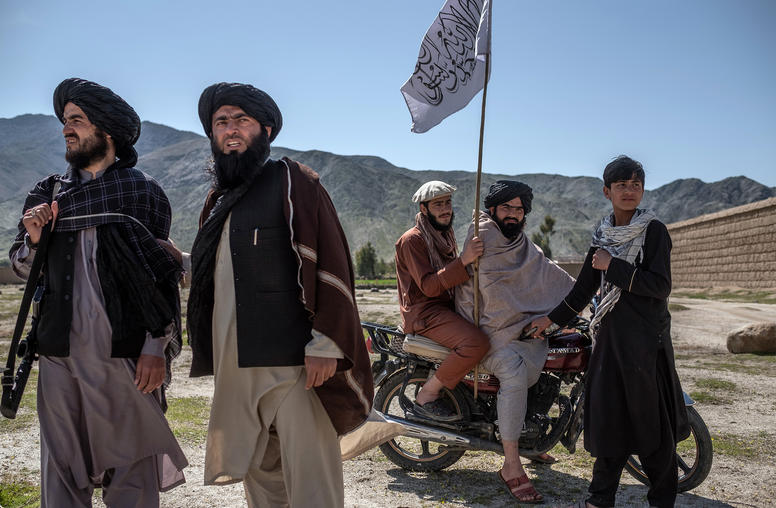
Disengagement and Reconciliation in Conflict-Affected Settings
Even in brutal and desperate conflict settings, it is possible for people to abandon violence and leave violent groups. Peacebuilders know this well—yet terrorism and counterterrorism policies and practices have often neglected practical ways to address participants in violent extremism and failed to provide them opportunities to reject violence. This report examines how peacebuilding tools can help transform the individual attitudes, group relationships, and social ecosystems and structures needed to facilitate the effective disengagement and reconciliation of former members of violent extremist groups.
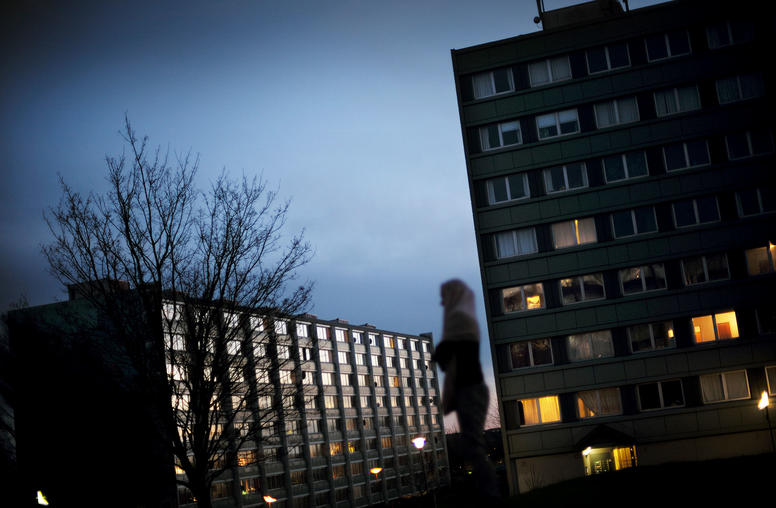
Violent Extremist Disengagement and Reconciliation: A Peacebuilding Approach
Existing efforts to disengage people from violent extremism are derived from security imperatives rather than from a peacebuilding ethos. This report—one of a series to be published by USIP’s program on violent extremism—presents a framework through which peacebuilders can foster disengagement from violent extremism and reconciliation between those disengaging and affected communities by examining the individual, social, and structural dynamics involved.
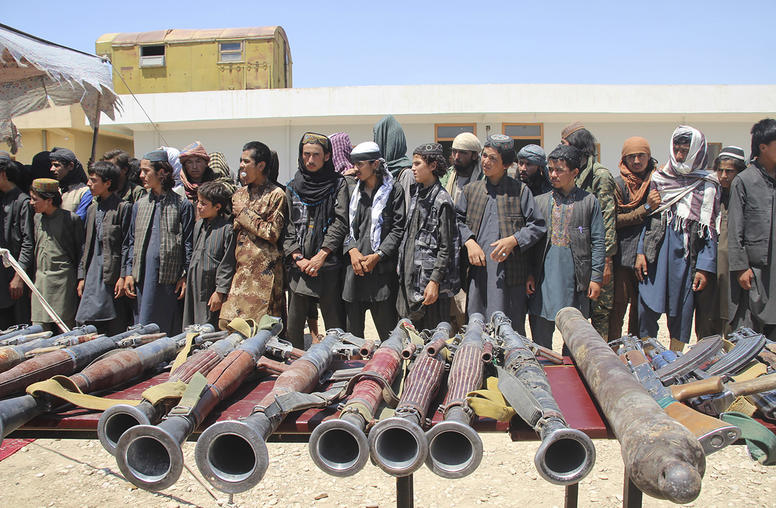
Bourgeois Jihad: Why Young, Middle-Class Afghans Join the Islamic State
Ever since the Islamic State in Khorasan Province emerged in Afghanistan in 2015, policymakers and security forces have regarded it as an “imported” group that can be defeated militarily. This approach, however, fails to take into account the long-standing and complex historical and sociological factors that make the group’s ideology appealing to young, urban Afghan men and women. Based on interviews with current and former members of ISKP, this report documents the push and pull factors prompting a steady stream of young Afghans to join and support ISKP.
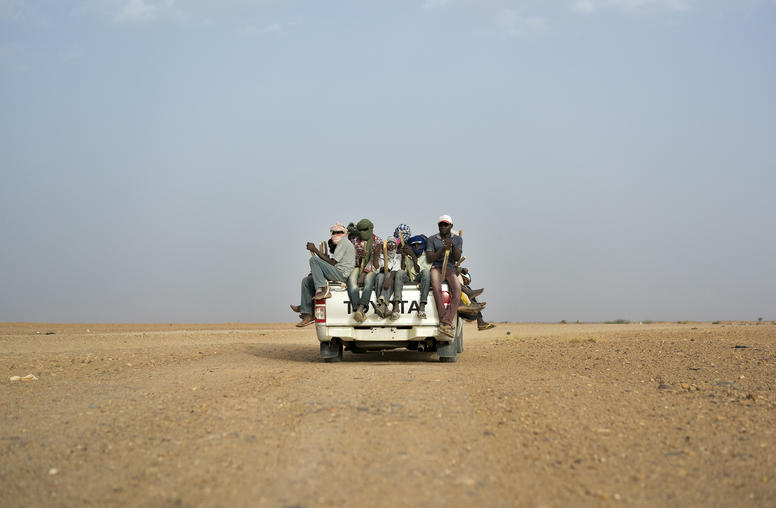
Illicit Drug Trafficking and Use in Libya: Highs and Lows
This report explores how illicit drug trafficking and drug use in Libya has shaped and been shaped by the country’s ongoing conflict. Drawing on hundreds of interviews and dedicated research, it examines Libya’s pre-2011 illicit economy, delves into the social impact of drugs, and focuses on drug use on the frontlines of Libya’s ongoing conflict, the corrosive impact of drug trafficking and use on the justice and security sector, and how trafficking and organized crime undercut peacebuilding and state consolidation.